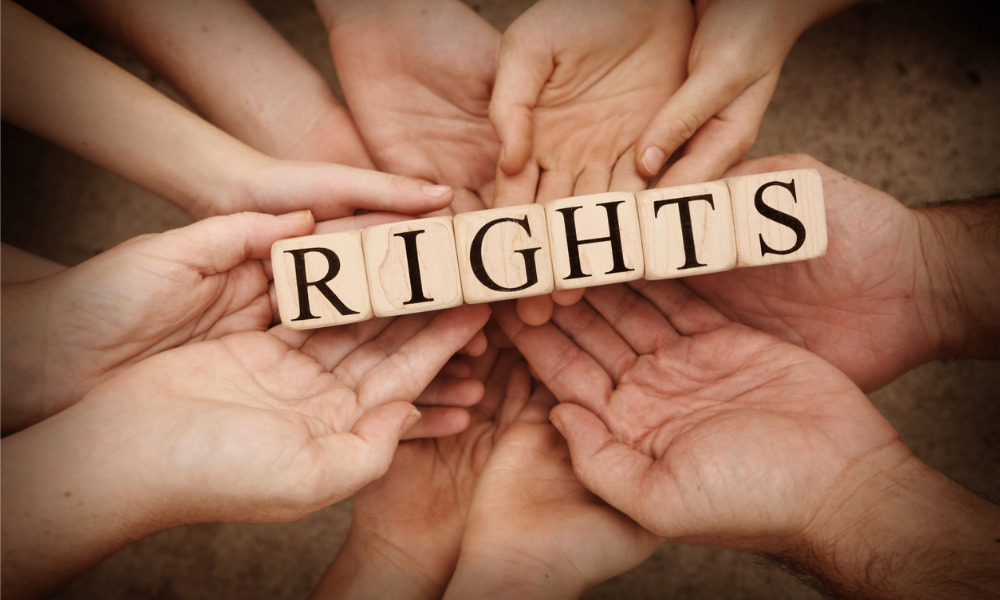An alliance of investors with a combined AUM of $5.8 trillion is calling on big business to do more to protect human rights

It’s increasingly difficult for big business to shy away from their responsibilities, whether on climate change, equality, or other key elements of ESG.
Consumers and investors are more able – and willing – than ever to call out companies that fail to address the big issues facing society and a wealthy group of investors are doing that this week.
An alliance of investors with a combined AUM of US$5.8 trillion has sent a statement to 106 companies that have scored zero on the human rights due diligence indicators in the 2020 Corporate Human Rights Benchmark (CHRB) report, which assesses their performance based on UN and OECD principles.
These companies make up almost half of the 230 largest publicly-traded firms in high-risk sectors measured against human rights due diligence indicators. These include agricultural products, ICT manufacturing, and automotive manufacturing.
The 208 investors organized by the Investor Alliance for Human Rights (IAHR) includes five from Canada: Canada Post Corporation Pension Plan, Canadian Religious Stewardship, Evangelical Lutheran Foundation of Eastern Canada, United Church of Canada Pension Plan, and United Church of Canada Treasury.
“Only a minority of companies demonstrate the willingness and commitment to take human rights seriously,” said Camille Le Pors of the CHRB. “If we are to achieve the SDGs [United Nations Sustainable Development Goals] by 2030, we need all companies to participate in this effort and to place people and planet above the pursuit of profit at all cost.”
A recent report from Desjardins shows that 50% of Canadian investors said they are very concerned about human rights.
Better disclosures
Low scores for the companies targeted do not necessarily mean they are not doing enough, as their communication around human rights issues affect the score, so if they are not telling people what they are doing, their score may be lower.
“A core tenet of the UNGPs’ human rights due diligence process is that companies be prepared to ‘know and show’ their potential risks on an ongoing basis,” said Magdalena Kettis of Nordea Asset Management. “We are expecting companies to take action in response to this latest outreach and If not, we are fully prepared to invoke the proxy process to motivate laggard companies.”
Investors with $5.8T urge companies scoring 0 on @RankBHR to know & show their #HumanRights risks; nearly half of the 230 companies in high-risk sectors measured against 5 human rights #DueDiligence indicators scored 0 on all 5 indicators https://t.co/UH1g8nvL7g @avivainvestors pic.twitter.com/pzkLb600YU
— InvestForRights (@InvestForRights) May 10, 2021



